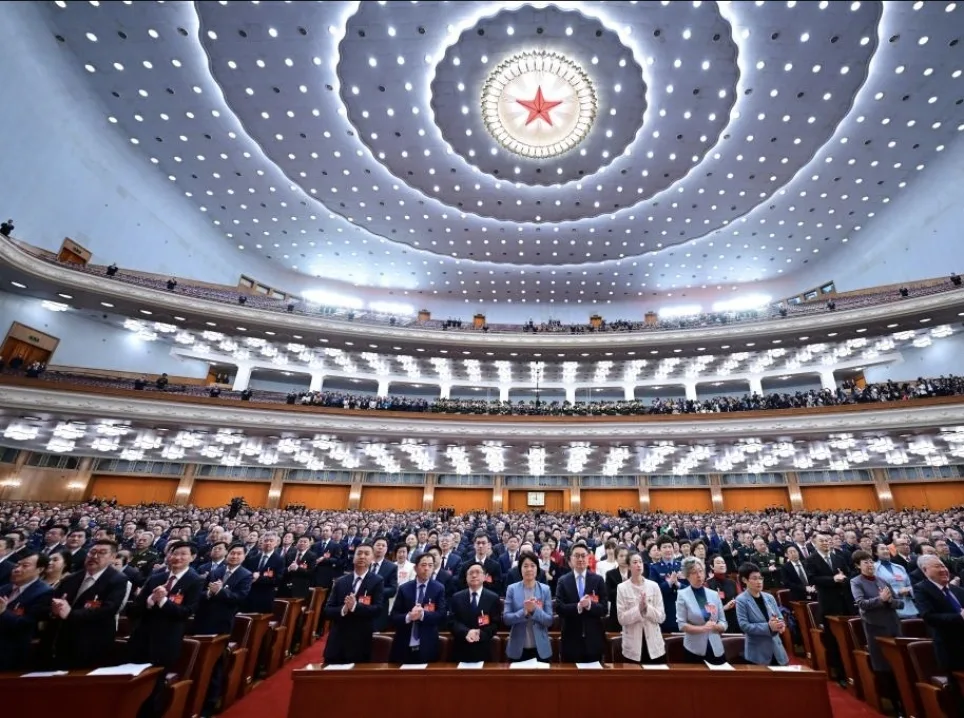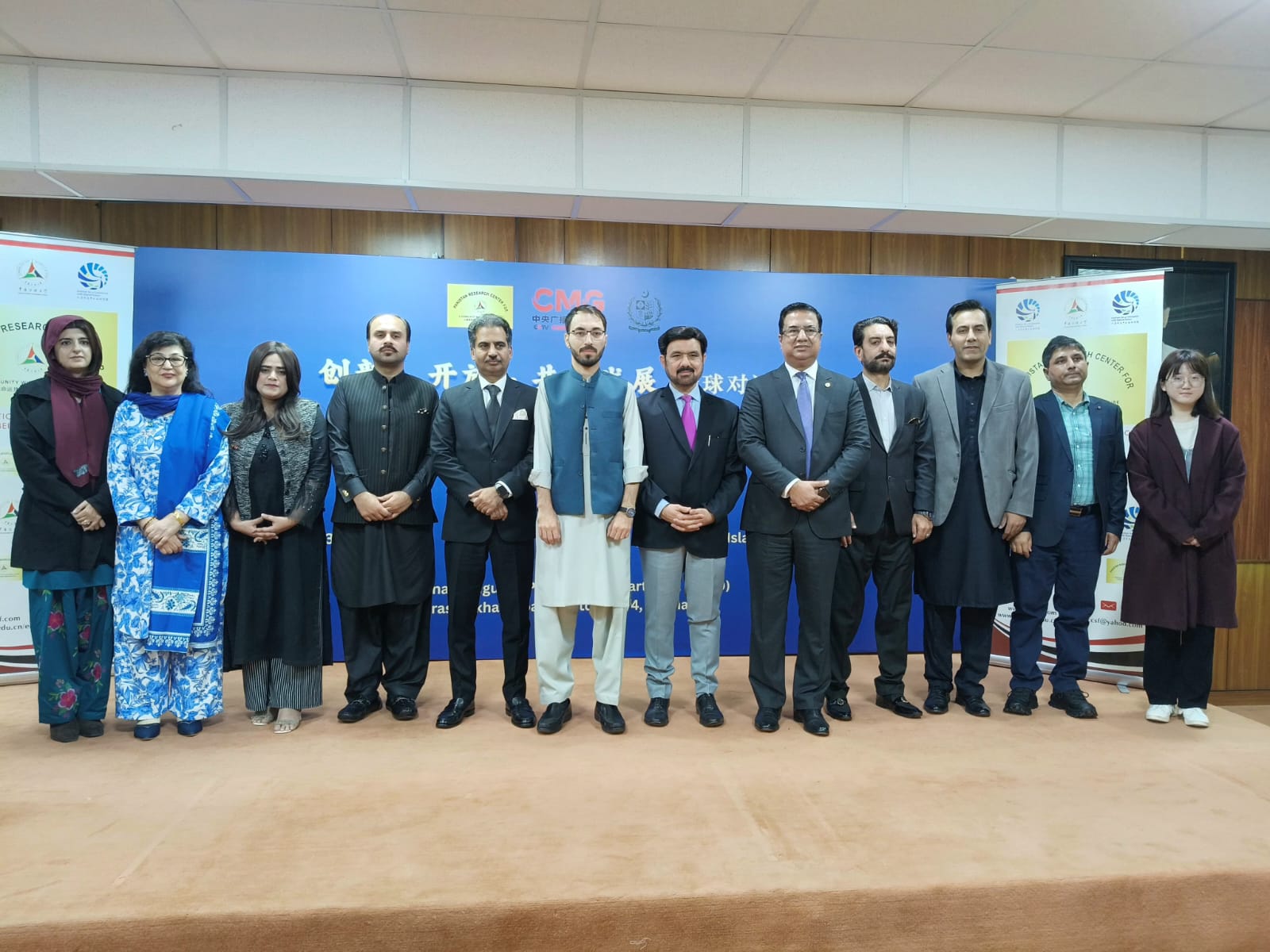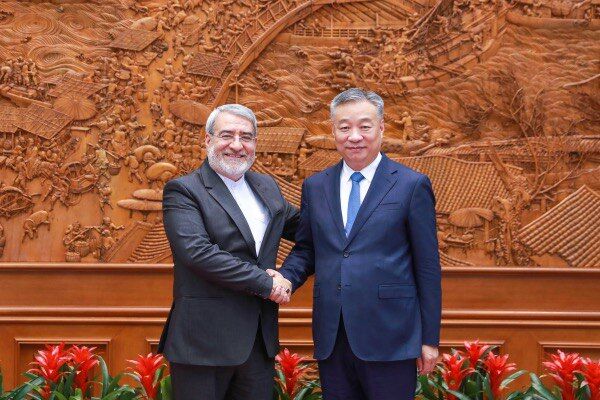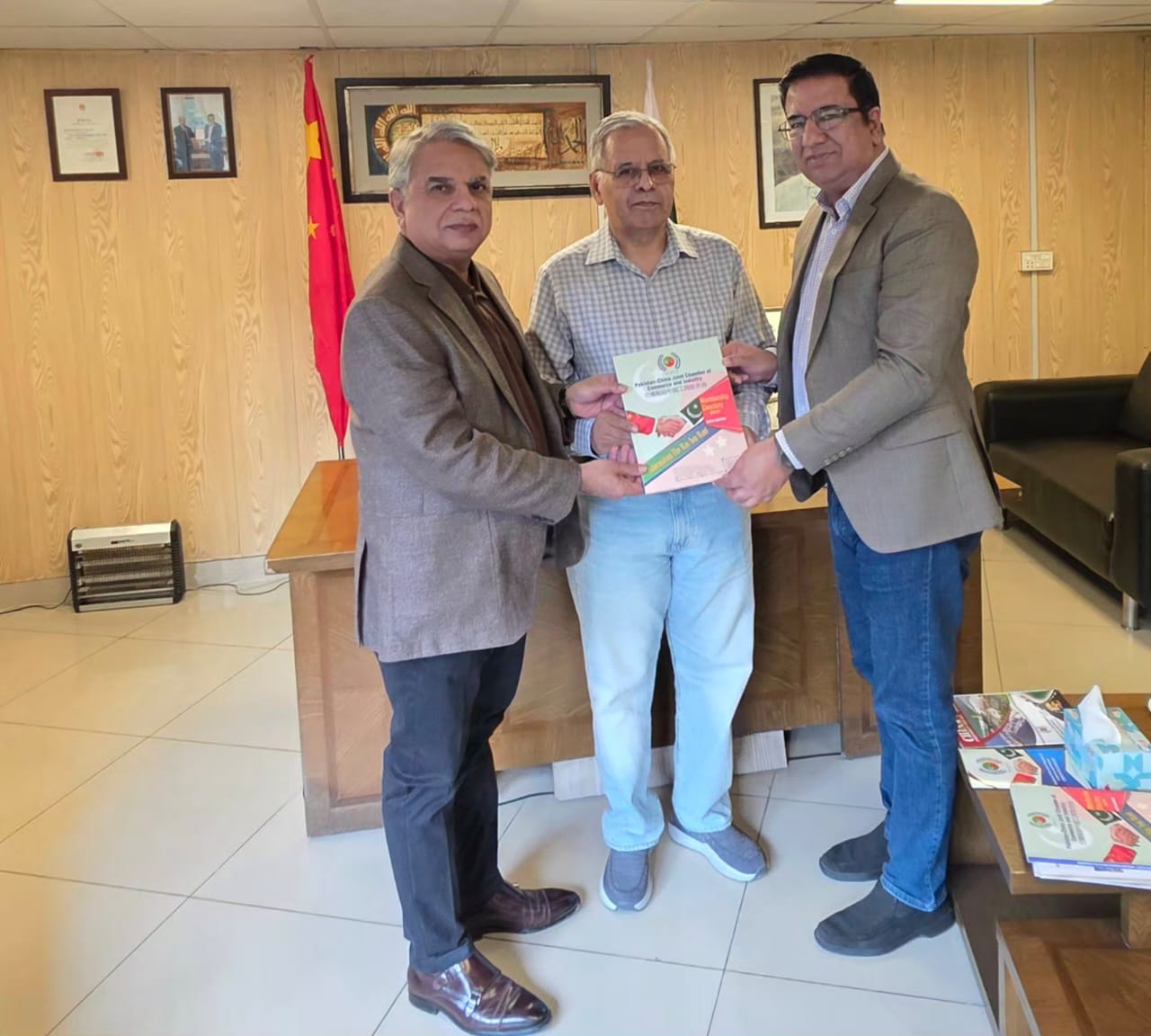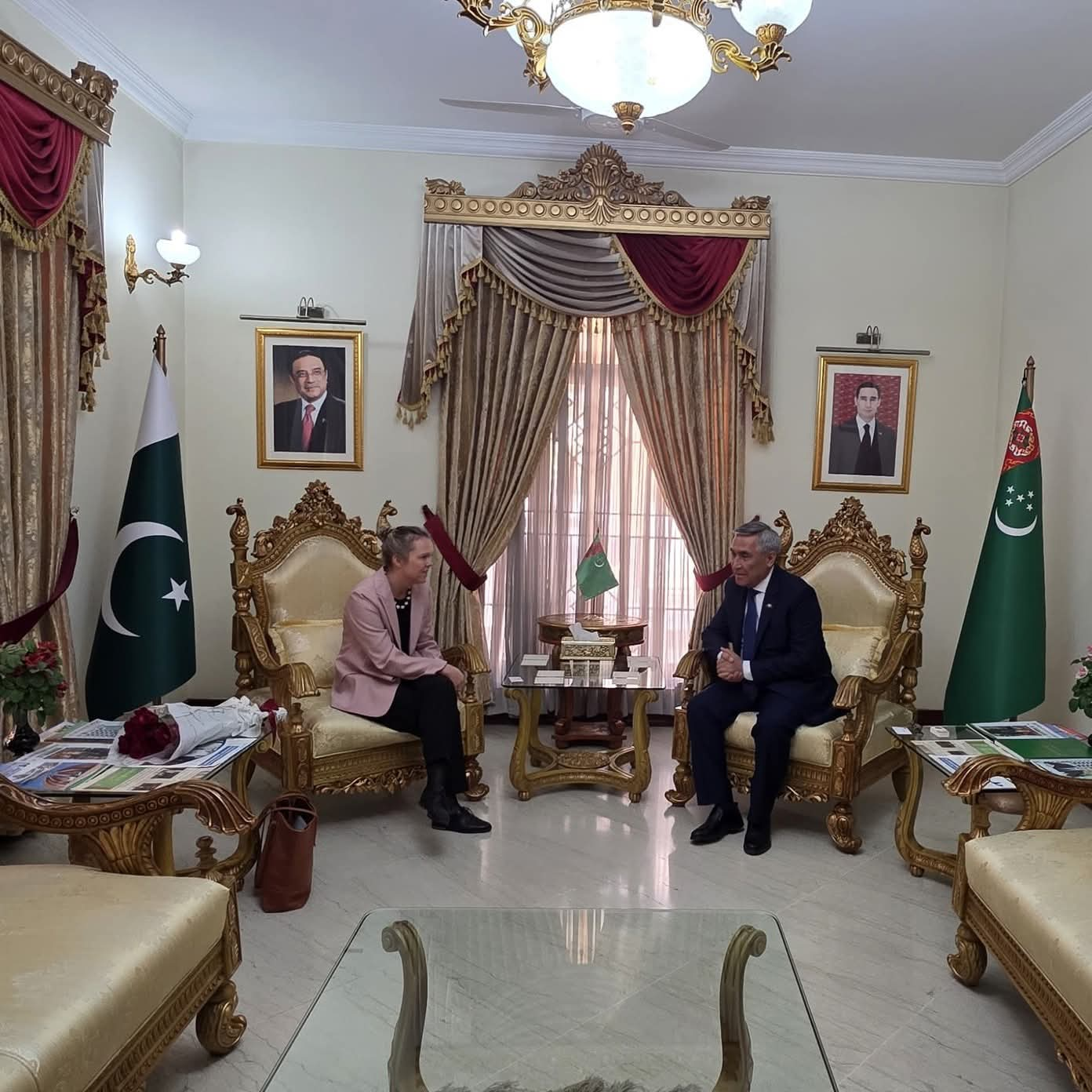Beijing, March 10, 2024, The Europe Today: The second session of the 14th National Committee of the Chinese People’s Political Consultative Conference (CPPCC), China’s preeminent political advisory body, commenced its closing meeting on Sunday morning at the distinguished Great Hall of the People in Beijing. Chinese President Xi Jinping, along with other esteemed leaders, graced the occasion with their presence.
During the meeting, several pivotal resolutions were passed, underscoring the significance of the political deliberations and policy discussions that transpired over the course of the session. The approved resolutions included an endorsement of the work report of the Standing Committee of the CPPCC National Committee, a resolution on the handling of proposals from political advisors since the previous annual session, a comprehensive report on the examination of new proposals, and a political resolution specifically addressing the second session of the 14th CPPCC National Committee.
Wang Huning, Chairman of the CPPCC National Committee, delivered a substantive speech, reflecting on the accomplishments of the session and outlining the key takeaways. Chairman Huning’s address provided insights into the strategic directions charted during the session and emphasized the role of the CPPCC in shaping national policies and fostering unity among diverse political perspectives.
The closing meeting served as a platform for the highest echelons of Chinese leadership to reaffirm their commitment to political consultation and collaboration, highlighting the CPPCC’s integral role in the governance structure of the nation. The deliberations and resolutions passed during this session are expected to have a lasting impact on the political landscape of China, contributing to the country’s continued development and progress.
As the curtain falls on the second session of the 14th National Committee of the CPPCC, the outcomes and resolutions set the stage for continued cooperation and constructive dialogue, underscoring China’s commitment to inclusive governance and the spirit of political consultation.
